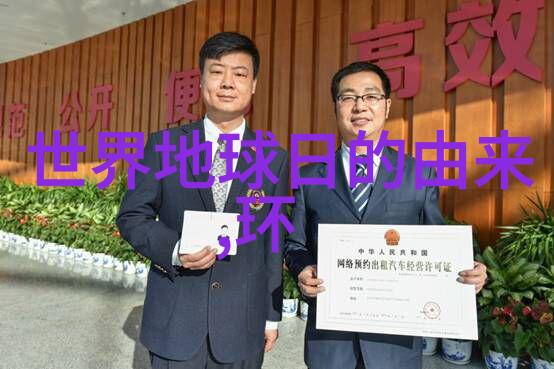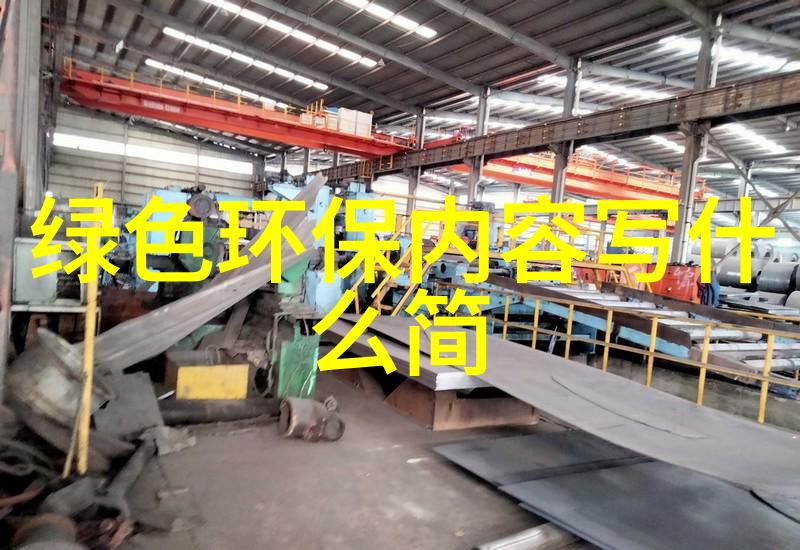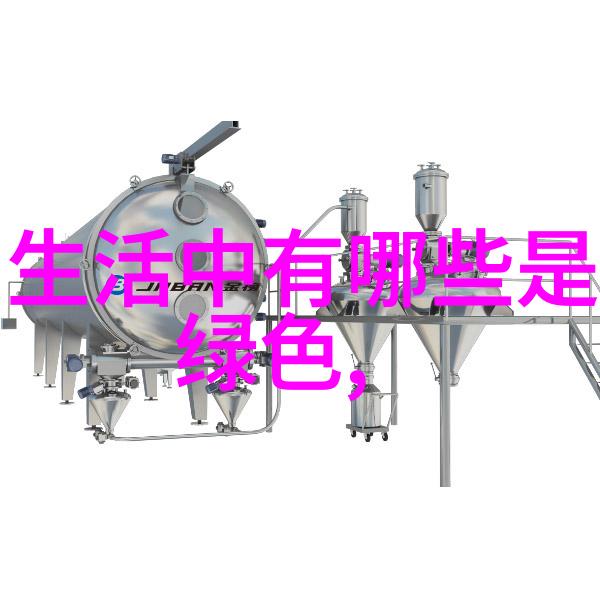地下水污染现状生态环境保护的挑战与应对策略
什么是地下水?

地下水,是指在地下层面流动的自然水体,它不仅是人类生活、农业生产和工业发展不可或缺的资源,也是维持地球生态平衡的重要组成部分。随着人口数量增加和城市化进程,人们对于地下水资源的依赖程度日益提高,但同时也加剧了对此资源安全性的威胁。
地下水污染问题有多严重?

在地球上,由于各种原因,如工业排放、农药使用、垃圾填埋等,越来越多的地表径流被污染,最终渗透到地面以下成为潜在的地下水污染源。这一过程中含有的有害物质如重金属、有机化合物以及病原微生物等,对人体健康甚至整个生态系统造成长远影响。例如,某些地区由于过度采矿而导致土地凋敝,这些废弃矿井中的化学物质会渗入土壤并最终侵蚀地下的净化能力,从而引起深层岩石中的汞、一氟乙酸(TFA)及其他毒性高极端溶剂等传播至饮用 groundwater。
Underground pollution sources and pathways

Where does underground water pollution come from?
How do pollutants reach the ground water table?

Surface Water Infiltration: Surface water bodies such as rivers, lakes, and wetlands can become contaminated with pollutants like industrial waste, agricultural runoff, sewage effluent, or even litter. Over time these contaminants seep into the soil and eventually make their way to the groundwater.

Direct Contamination: Direct contamination of groundwater occurs when pollutants are injected directly into aquifers through injection wells for disposal purposes or for storage of hazardous waste.
Leachate Migration: Leachate is a toxic liquid that forms in landfills due to decomposition processes. It contains high levels of heavy metals, organic compounds, and other harmful substances that can contaminate surrounding soil layers if not properly managed.
What are the impacts of underground water pollution on ecosystems?
Groundwater contamination has far-reaching effects on both human health and ecological balance:
Water Quality Decline: The presence of contaminants in groundwater reduces its quality significantly; it may render it unfit for drinking or irrigation purposes.
Ecosystem Disruption: Pollutants in aquifers can disrupt natural nutrient cycles affecting aquatic life populations leading to degradation of habitats.
To combat this issue effectively we need a multi-faceted approach involving government policies regulations public awareness campaigns education at all levels research development innovative technologies community involvement sustainable practices
In conclusion addressing underground water pollution requires collaboration among governments NGOs academia industry professionals stakeholders & communities worldwide We must work together towards implementing efficient solutions protect our valuable resources ensure healthy ecosystems support future generations



